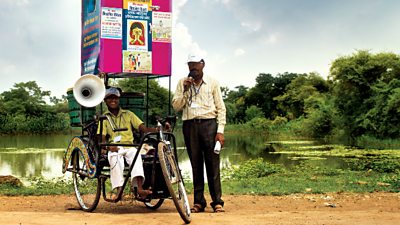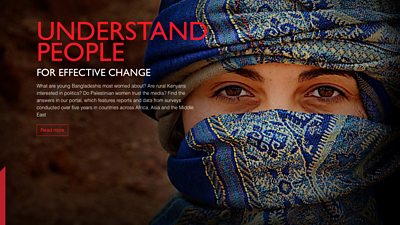Publication: October 2024
���˿��� Media Action has conducted research into information disorder across the regions we work – from Nigeria to Afghanistan to Indonesia – aiming to understand how audiences perceive mis- and disinformation and how it affects their lives.
Advances in technology, increasing access to both traditional and social media, and changes in how people interact with information (e.g. declining levels of trust in news and people wishing to create a ‘social identity’ through information sharing) are propelling the spread of false information at a speed and scale not seen before. This has resulted in information ecosystems that are dangerously affected by information disorder - people making critical decisions about their lives and livelihoods and influences how they participate in society and interact with each other.
Find out what we mean by information disorder, what our research has revealed about audiences' experiences with mis- and disinformation, and how it's affecting them in our research summary.
Download the research summary
Our research library
-

Long reads
Read our comprehensive research reports of the evidence behind our work. All of our publications are freely available to download. -

Short reads
At a glance, explore key findings and evidence behind our work. All of our publications are freely available to download. -

By country
Explore our findings and analysis country by country. All of our publications are freely available to download. -
 What are young Bangladeshi's most worried about? Are rural Kenyans interested in politics? Do Palestinian women trust the media? Find the answers in our data portal (last updated 2020).
What are young Bangladeshi's most worried about? Are rural Kenyans interested in politics? Do Palestinian women trust the media? Find the answers in our data portal (last updated 2020).
